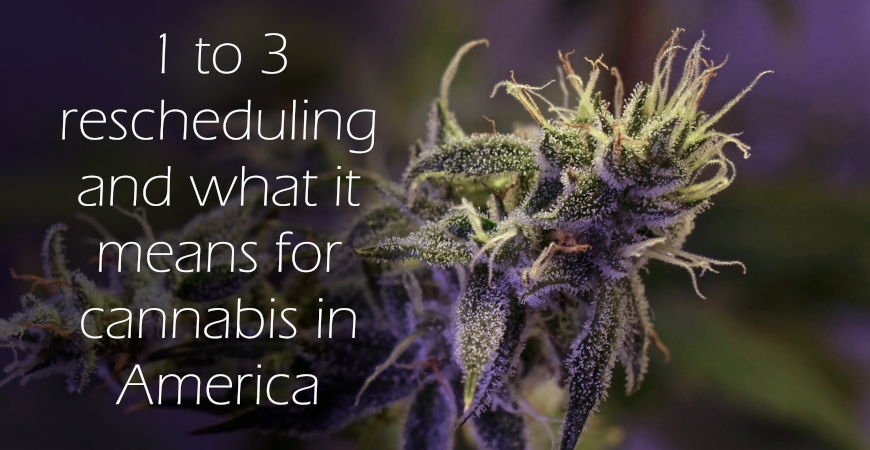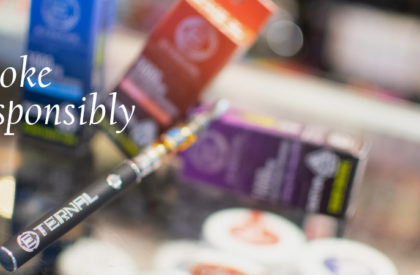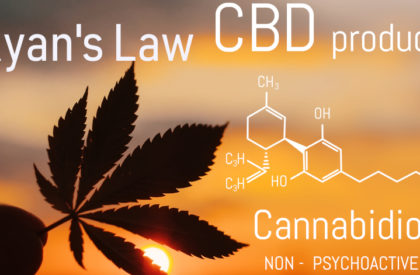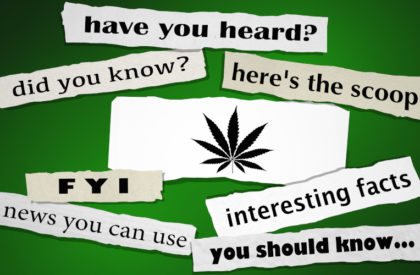
Recent Bills that Aim to Reclassify Marijuana as a Schedule 3 Substance Under Federal Law
Currently, 33 states and Washington, D.C. have already instituted some type of medical marijuana program, and a further 11 of them allow its recreational use.
With marijuana still classed as a schedule I drug by the Drug Enforcement Agency (DEA), it continues to be difficult for many learning institutions and drug companies to source enough of its material for research without running into trouble with federal laws. Currently, 33 states and Washington, D.C. have already instituted some type of medical marijuana program, and a further 11 of them allow its recreational use. This has proven popular with the public and helped many of these states reap big financial rewards through taxes and licenses.
At the federal level, however, marijuana’s drug scheduling means it is not yet accepted for medical use and is considered to have a high potential for abuse. It shares this class with other hardcore illicit drugs like heroin, ecstasy, and LSD. Multiple attempts have been made over the last few decades to have marijuana rescheduled, but with no success. These petitions have been mainly pegged on the assertion that marijuana does not meet the Controlled Substance’s Act’s criteria for schedule I drugs.
As early as 1972, a petition was made by the National Organization for the Reform of Marijuana Laws (NORML) to the earlier version of the DEA to allow for the rescheduling of marijuana to Schedule II so that physicians could prescribe it to their patients. Repeated attempts in subsequent years failed to achieve the desired result but did allow for some drugs, such as dronabinol, containing synthetic versions of its derivatives to be prescribed under schedule II and III.
Related Article: The Push to Rebrand Cannabis
Pursuing A Different Route for Reclassification
Following multiple rejections to reschedule marijuana by the DEA, some proponents shifted their approach by pursuing the judicial route. In 2012, the medical cannabis advocacy group, the Americans for Safe Access, filed an appeal with the District of Columbia Circuit against the DEA. This petition was heard and unfortunately denied in 2013. More recently, there has been the lawsuit of Washington v. Barr that was reinstated by the U.S. Court of Appeals in May 2019 after an earlier dismissal last year. It has resulted in a directive to the DEA to reconsider classification, a recommendation that has been viewed as an important milestone in the fight to end marijuana prohibition.
2019 has also seen the introduction of several key legislations including the Marijuana Justice Act by Sen. Cory Booker. The legislation aims to not just remove cannabis from the Controlled Substances Act, but also expunge cannabis-related convictions. The MORE Act introduced by Rep. Jerry Nadler and presidential hopeful Kamal Harris seeks to go a step further by applying a 5% cannabis tax that would fund grants for low income and minority communities that have been disproportionately affected by the war on drugs.
Related Article: California’s Goal to Certification of “Almost Organic” Cannabis

Marijuana 1-to-3 Act
Another noteworthy proposal is the Marijuana 1-to-3 Act that was recently introduced by Republican Rep. Greg Steube. Senator Steube’s bill proposes the rescheduling of cannabis to Schedule III to open up more opportunities for research and study facilities that can look into the drug’s effects. Not only would there be fewer restrictions on accessing the materials needed for research, but it would also provide access to federal funding in caring out these studies.
The Ending Federal Marijuana Prohibition Act represents a series of descheduling bills presented to Congress that stand out for their bipartisan sponsorship. Over the years, the majority of bills have been introduced by democrats. This petition is unique for having secured the support of both republicans and democrats from 2011 to date. The key aspects include the removal of cannabis from the Controlled Substances Act and elimination of criminal penalties for individuals that trade, distribute, and possess the drug.
Related Article: Opposition to Homegrow – Is the Concern for Public Safety Genuine?
Finding Methods for Working Together
This is however not the first time that opposing sides have come together in the interests of ending marijuana prohibition. Later this month, representatives are expected to vote on the SAFE Banking Act. This bipartisan bill would allow cannabis businesses to access the federal banking system, a task that has proven to be difficult with the federal criminalization of marijuana, this despite 34 states having legalized its medical application, and 11 of these have legalized its recreational use as well.
As both sides begin to serve the common interest, it is hoped that further research will prove the medical efficacy of marijuana and allow for its rescheduling in the near future. Achieving a change from schedule I to III will likely be a step in the right direction and could be the catalyst in allowing research that could see patients receive effective treatment with marijuana.


























[…] intended to have the drug entirely removed from the Controlled Substances Act altogether, while the Marijuana 1-to-3 Act aims for more the modest achievement of easier access to the drug and funding for research […]